Introduction
As a young girl growing up in Ghana, I was not encouraged to pursue a career in math or science. This was always traditionally viewed as strictly for boys. I did not see anybody that looked like me performing ground-breaking research or being celebrated for their prowess in the STEM fields. Instead, my female role models were the women in my family who were, for the most part, home-makers. Education was, and still is, important in my family. My mother was able to push me to attend a boarding school and eventually I came to the United States to pursue my higher education, but I was one of the lucky ones. The overwhelming majority of girls in Ghana, sub-Saharan Africa, and most of the world do not have such opportunities.
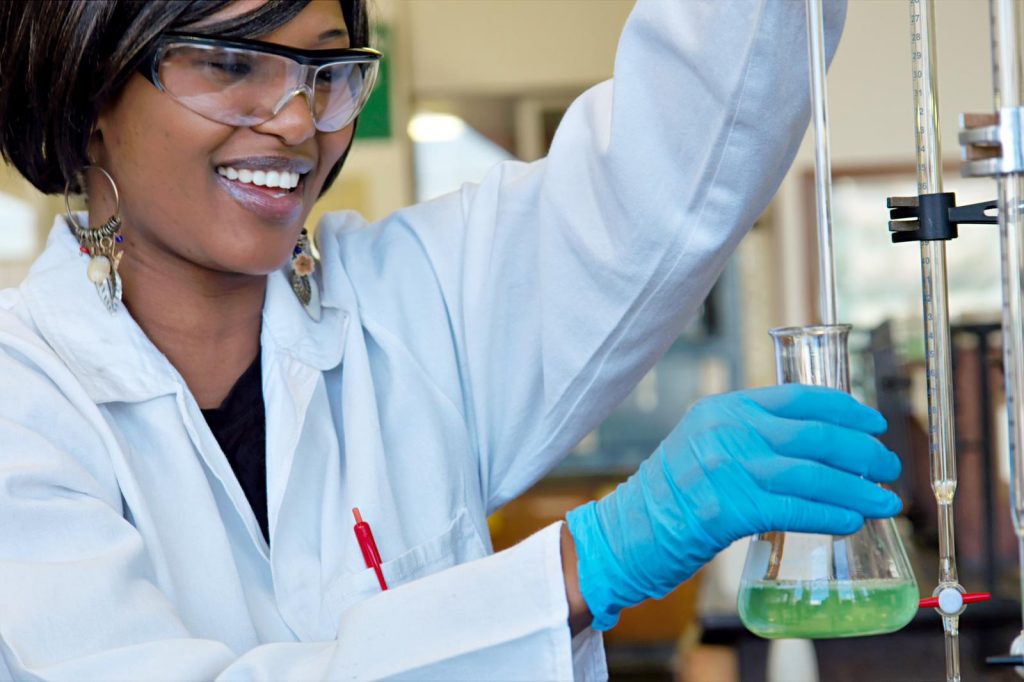
When I came to the United States and began working in human resources for a scientific non-profit organization, I noticed the problem had followed me. Whenever we attempted to recruit new scientists, we found it almost impossible to find candidates who were female, or of African descent. While I will be focusing on the issues and ways to address this problem in Ghana and sub-Saharan Africa, this problem is indeed a global issue.
The Problem
The United Nations, in its Sustainable Development Goals (2015a), holds that quality education is the key to the future development of a country. Education in the sciences, in particular, can allow for discoveries that can truly help advance a country and can lead to domestic solutions for a myriad of problems: malnutrition, poverty, and lessening the reliance of the economy on agriculture and raw materials and thus decreasing the need for reliance on foreign aid and investors. These are lofty goals, but they are nearly impossible to attain when half of the population is being left out of the equation. According to UNESCO (United Nations, 2015b), only 18% of researchers employed in Ghana are female, with only 7% of those employed in Engineering and Technology being female. The reasons for this are numerous, but there are ways to remedy this problem.
First, there is definitely a cultural element to this problem. Females at a young age are either tragically explicitly taught that males are inherently better at the skills that would help them in STEM fields, or they develop that bias implicitly. A study using the Implicit Association Test regarding women in science found that “Implicit biases against women in science may prevent girls and women from pursuing science from the beginning, play a role in evaluations of girls’ and women’s course work in STEM subjects, influence parents’ decisions to encourage or discourage their daughters from pursuing science and engineering careers, and influence employers’ hiring decisions and evaluations of female employees”. It becomes a self-fulfilling prophecy. If a young girl does not see any females in science fields, she starts to feel that perhaps females are not good at science and then starts to feel like she herself is not good at science.
Second, another major obstacle is access. For example, in Ghana, the overwhelming majority of university students (75%) came from only 50 elite secondary schools, which make up only 9% of the schools in the country. These are largely urban schools which means that rural students are effectively shut out of the preparation necessary to achieve at higher levels. Access to resources and quality instruction are also major issues. According to an education policy brief from the government of Ghana issued in 2015, the education system has challenges due to an overreliance on foreign or external funding, a lack of teachers sufficiently skilled in the STEM fields, and obsolete equipment or a lack of equipment altogether. These are issues that apply to all students, not just girls.

Possible Solutions
These problems may seem insurmountable but by identifying them, it is easier to develop possible solutions. For example, one such solution would be the mentorship of young African girls by female scientists. In 2016, UNESCO Accra held a STEM clinic for girls in the Jasikan District of the Volta Region, one of the lowest-performing districts for girls’ participation in STEM. Over 200 girls participated and at the end of the day, nearly 80% of them indicated they would like to pursue science in the future. There are many non-profit organizations whose mission is facilitating internships, mentor opportunities, and student exchanges between sub-Saharan Africa and abroad, such as the STEM Belle. There is also a newly opened school in Ghana, the African Science Academy, which is a boarding school specifically for young women with outstanding math and science potential.
Another key solution is exposure to examples of leading women in science. For example, Letitia Obeng was the first Ghanaian woman to obtain a degree in zoology. When asked about the issue of female representation in science fields, she said, “ the implication, of course, is that science is such a difficult subject that even men (who are supposed to be cleverer than girls) shy away from it! Fortunately, with so many women now in the sciences, it should be difficult to scare our current smart female generation away from these subjects”. Another such example is Marian Nkansah, a Ghanaian environmental chemist who led research that confirmed the cancer risks of edible white clay.
As the joke goes, science is for alkynes of women, not just for esters! By exposing our young girls to positive examples of what they can become, they will start to see themselves as future scientists. Opening up half the population to the possibilities of making a difference in our world will truly yield dividends greater than we can possibly imagine.
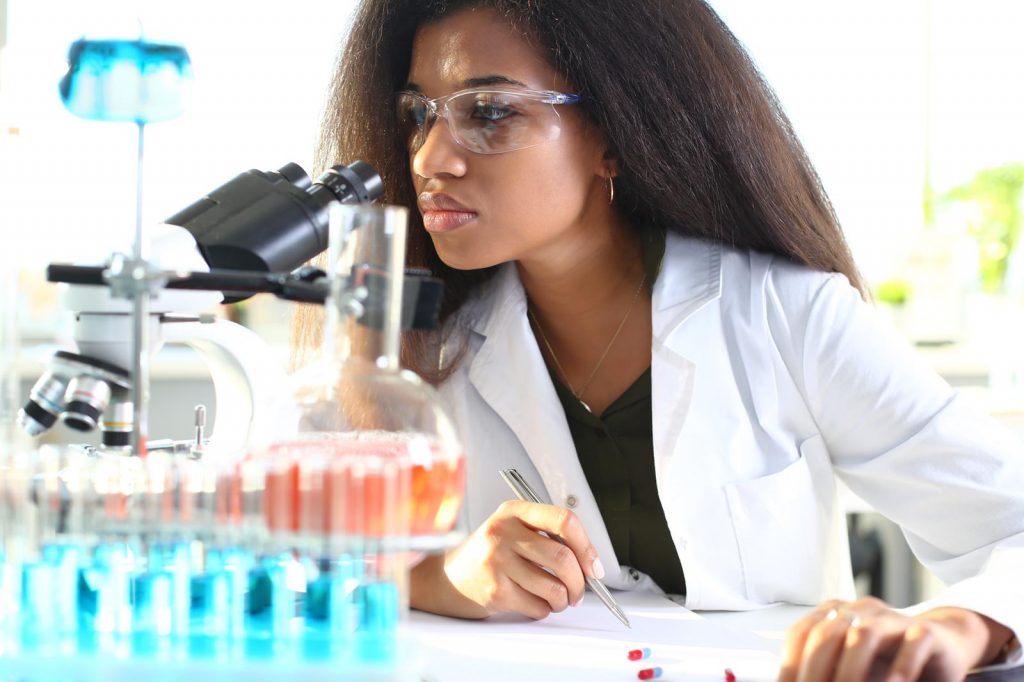


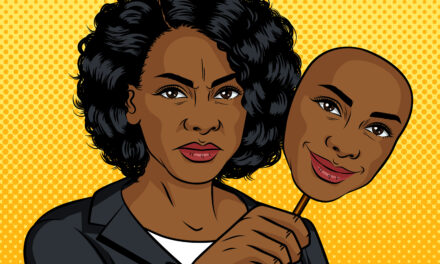
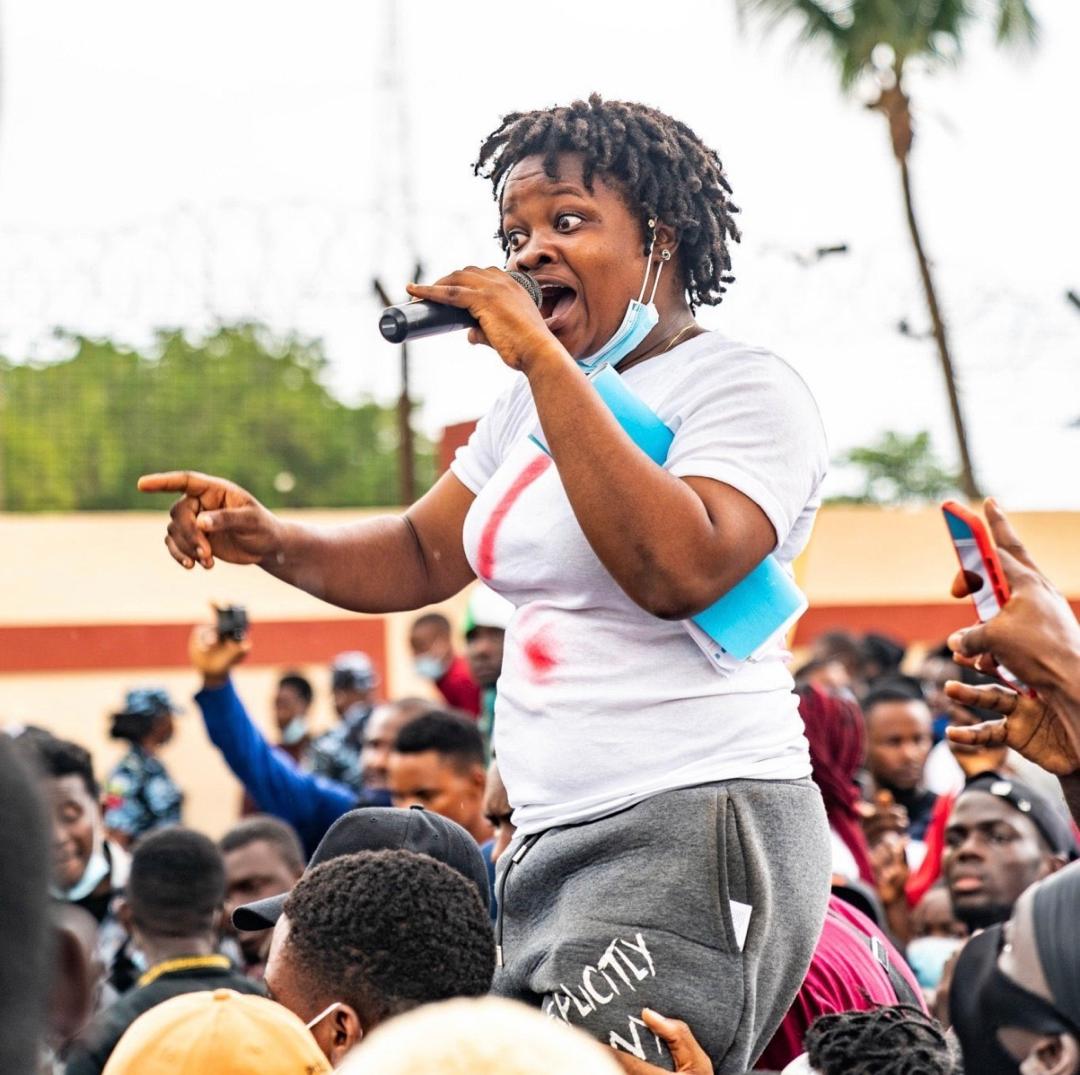

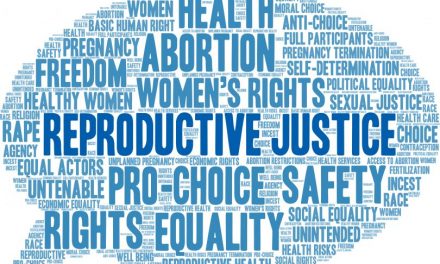
“Science is for alkynes of women, not just for esters”; never heard this, it’s so cool. All that you said… We need more representation and visibility. Too many times, women in STEM battle with intense imposter syndrome and I think it stems from socialization and a worldwide culture. We hope to see more audacious, intelligent women in STEM as we create more awareness. As a woman in STEM, though I battle with imposter syndrome, I have covenanted with myself to mentor young females in STEM and I have been doing that fabulously, despite my own insecurities. We will get there.
Beautiful piece,you couldn’t have said it any better. However various organizations working to improve the number of girls that pursue sciences should ensure that the measures and opportunities created do not benefit only a selected few but especially the needy but brilliant girls in the rural areas who really need the push: